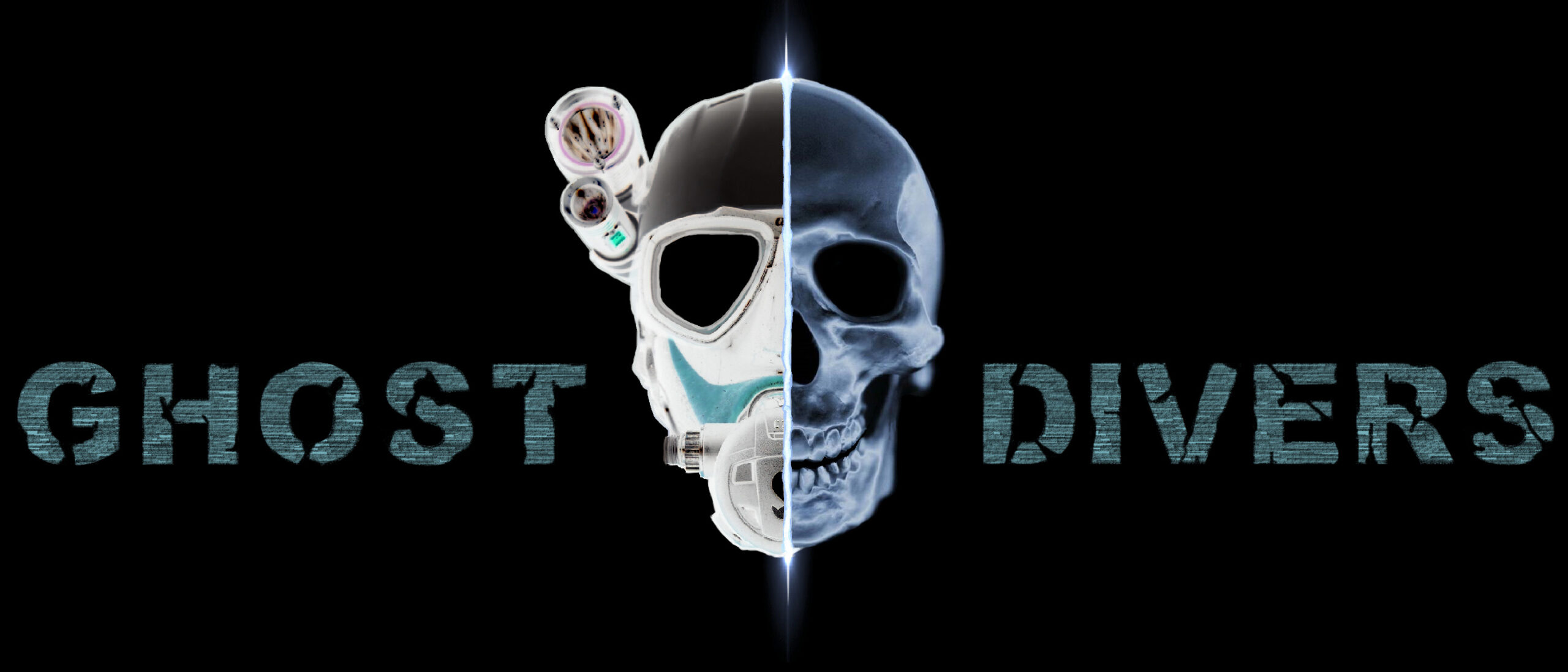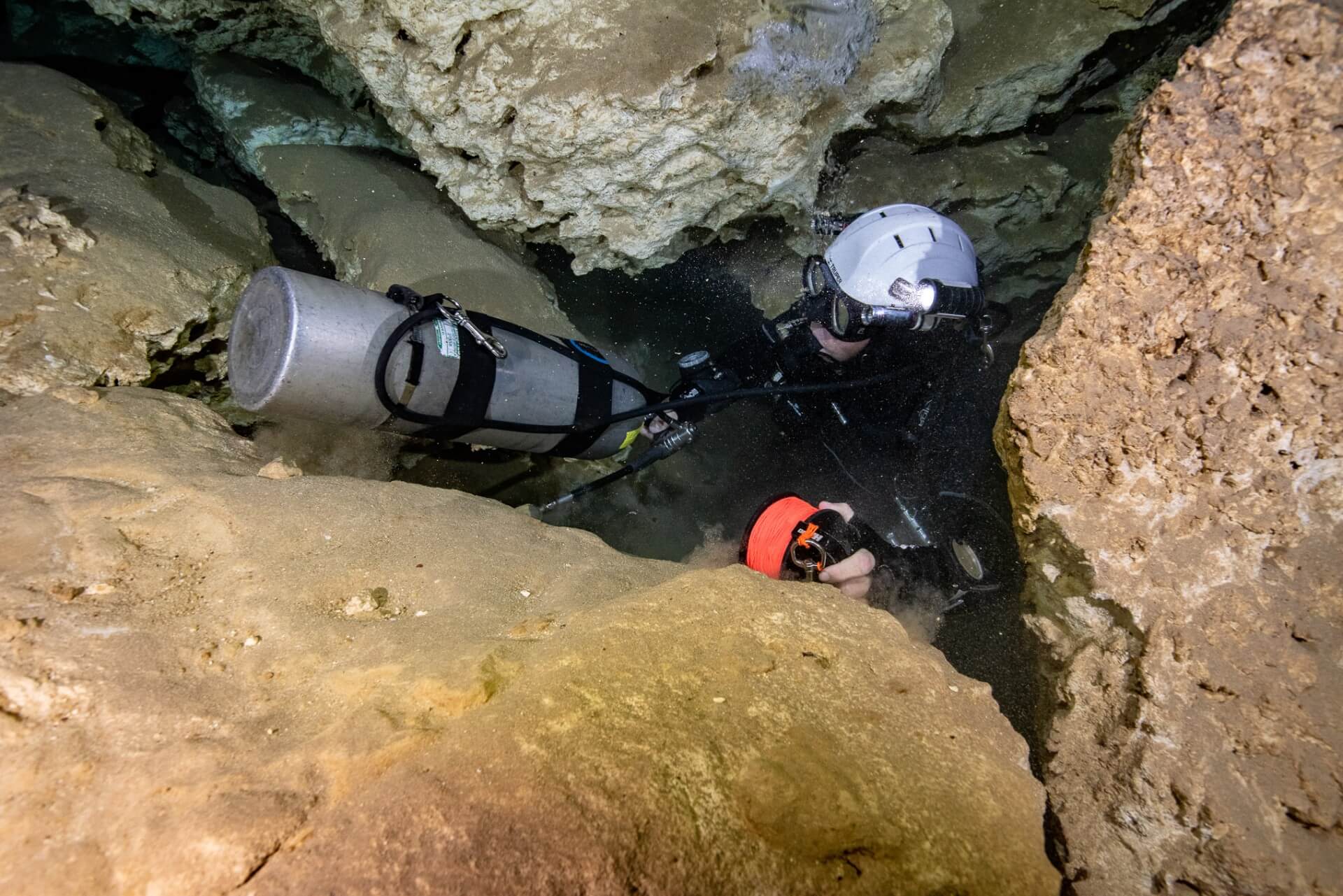STRESS IS NOT YOUR ENEMY!
Stress is not just inevitable, it’s necessary!
If we understand and accept its role in our lives, we can take advantage of it and be free from our fears!
UNDERSTANDING STRESS
The stress chain
The stress chain represents how stress works and is composed of three links:

- TRIGGER: An event, a memory, or a thought is perceived as a stressor, based on our instinct and life experience. We will be stressed by a real threat as much as by an imaginary one, depending on how much we focus on it.
- EXPERIENCE: A neuro-endocrinal process, known as the “HPA axis”, slows down the digestive apparatus, immune system, reproductive apparatus, and the prefrontal cortex, responsible for rational thinking, in favor of muscle response, cardio-respiratory activation, and instinctive reactions. The emotional experience can vary from stress to panic, fear of failure, anxiety, chronic stress, and depression, depending on the type and intensity of the stressor, and on the exposure time.
- REACTION: The instinctive reaction, called “fight or flight”, forces us to focus on the stressor. We will try to attack the problem, escape, or freeze as in the case of passive panic. The intensity of our reaction is proportional to the level of stress. In all cases, we fail to find a rational solution and lose initiative. We won’t be able to act, but only to react.
Stress and “fight or flight” can persist for prolonged periods, as long as the stressor is present. Chronic stress is a good example of it, where the reaction is not acute, but can burst into panic or aggression if further stressors sum up to the original one.
The term “stress-meter” refers to our tolerance and determines how we will handle the situation. When the trigger is very intense or if we are exposed to additional stressors, our “stress-meter” will reach critical levels and panic is inevitable. Additional stressors become obstacles on our way to solving the original problem, and we will feel overwhelmed.
If we solve the problem or escape from it, the “HPA axis” will cease the “fight or flight” via a process called “negative feedback”. Otherwise, we will keep experiencing stress.
Underwater we are exposed to nitrogen narcosis and carbon dioxide, impairing our judgment and performance, and our “stress-meter” becomes more sensible than at the surface. If we don’t manage stress, this is how the stress chain looks like when applied to a diving scenario:

A realistic way to handle stress
First, we must consider these factors:
- You: All types of stress can be considered as fear of failure, as you are afraid you can’t handle the situation. Your perception of stress becomes an additional stressor!
- Eustress: Stress is a self-preservation mechanism that trades control for power, preparing us for action. Embracing this enhanced readiness allows us to control our emotions and stay focused. We call this perfect balance between rational thinking and quick response “eustress”.
- Expectations: We should master the ability to deal with minimum levels of stress on a daily basis. We cannot realistically expect to dive absolutely stress-free. Life is stressful, we are always stressed!
- Commitment: Dive to connect with yourself and commit to your dive. You must always be convinced that every step of your dive is worth your energy and that there is nothing else you would rather do!
We must change our perspective of the stress chain, including the emotional and practical components:

- PREVENTION: Before diving we can make a list of all the tasks that keep our mind busy and store it for after the dive, this way we can better focus underwater and have fun. Practicing our skills helps to act without hesitation. Assessing risk will increase our possibilities of survival. Accepting emergencies as part of any dive is the key to maintaining control when experiencing problems.
- EUSTRESS: When we have a problem and the “stress-meter” goes up, we should be thankful for this experience, for our training, and for the opportunity to practice what we’ve learned! We should remember why we are diving and accept that we put ourselves in this situation. We should remember that there is nothing wrong with getting stressed. Having a power statement or a song to repeat in our minds can help us to reconnect with why we are diving and stay focused. If we experience eustress or panic it’s up to us; we have the power to decide!
- ACTION: We learn standard procedures to handle most emergencies. Practice allows us to perform under a lot of pressure. In the case of unusual problems, we must modify existing procedures and stay positive. In any case, we must maintain the initiative, make decisions, and take action!
STAY IN THE DIVE!
This is how I handle stress:
Prevention
I do the plan the afternoon before, never at night or the same morning.
I don’t dive to disconnect from my problems but to connect with myself. If I am too stressed, I call the day!
I write a “to-do list”, so underwater I don’t have to worry about what I have to do after the dive.
Eustress
When I put myself into uncomfortable situations underwater, I repeat to myself:
“I am the person I want to be, I am doing what I want, I am where I want and with whom I want!”
Action
When I deal with unusual problems and I keep failing, there is a part of me that wants to give up. A voice tells me that I could be home, watching TV on the couch with my family, instead of being miserable underwater. I learned to accept it! I let that voice talk in the background and focus on my objective. I cannot let my insecurities drag me out of the dive and get lost in my mind… Underwater I have no past, no future, no name, no friends, and no family… I am in the dive!

